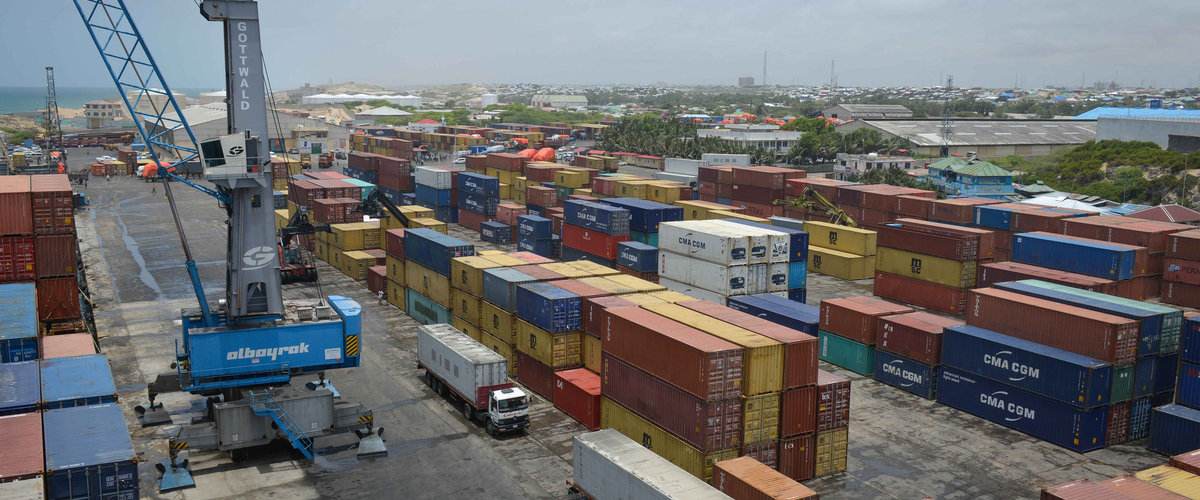Somalia’s economy has managed to survive collapse, maintaining reasonable levels of output throughout the two-decade-long civil war.
Now, with political recovery and transition underway, Investors have arrived in Somalia looking to cash in on the rebuilding process and abundant natural resources in areas such as agriculture and livestock, fisheries, oil and gas.
More innovative fields, such as mobile technology, have also been taking off, although they still only impact about (70.5 out of every 100) inhabitants of the population have a mobile phone subscription in Somalia, significantly lower than the developing world average of 84.3).
Restoring the credibility of Somalia’s currency will also be crucial to economic development. The Central Bank has identified “the introduction of new and unified currency” for Somalia as one of its strategic goals for the next five years.
“There are several versions of the same currency (Shilling) in circulation concurrently, the bank noted in its Strategic Plan 2013-2018.
Since the early 1990s, no bank notes have been printed officially.
“The collapse of the Central Bank and the banking system left a vacuum for monetary and regulatory control and totally shattered the country’s payment system.” This led to “currency substitution and the growth of the parallel currency market,” with warlords and militias issuing their own currency.
Officially, Somalia’s shilling trades at around 1,200 to the US dollar, but it is about 15 times that rate on the black market.
In mid-2013, the International Monetary Fund resumed relations with Somalia after 22 years. For now, it will not provide loans to the country, but it pledged to provide technical assistance and highlighted currency reform as a major priority.
The Central Bank is still struggling. Central Bank Governor recently released a report of $500,000 public funds missing, citing claims of corruption and government interference.
“There’s a lack of capacity, and huge corruption,” which must end if the country is economicly to benefit from the political gains in the country, said the International Development Law Organisation’s Somalia country representative.
Nowhere are the problems and potential of the Somali economy better exemplified than in the oil and gas industry. There are massive reserves, and even before the collapse of the old government, large firms were exploring the possibility of mining oil and gas.
But lack of legislation and political wrangling at regional and national levels impede development in this sector.
“There had been in the past growing hostility between the Federal Government of Somalia and regional administrations that have signed oil deals independently of the government,” a UN Monitoring group on Somalia noted in a letter to the Security Council.
In October 2016 as the country heads towards elections there’s no doubt that the ship that is Somalia is steadily sailing towards peace and economic development.






comments (0)